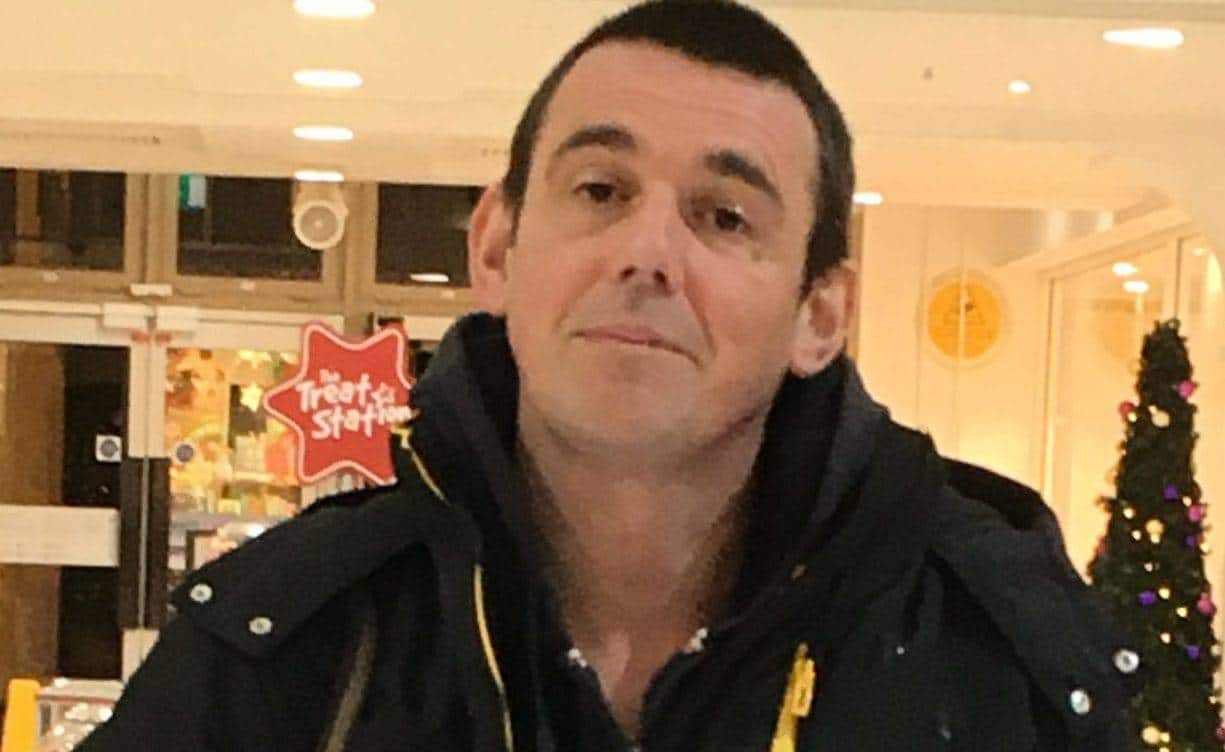A FUNDING shortfall to provide help for local homeless people indirectly lead to the death of a Tunbridge Wells man who was allegedly murdered in a town centre car park.
The chief executive of a local homeless charity has said Giles Metcalfe would not have died if his organisation had been able to provide its usual amount of accommodation.
The victim, who was found dead in Torrington Road car park in the early hours of Tuesday March 7, was sleeping rough for the first time that night.
John Handley of The Bridge Trust in Tonbridge, which provides accommodation to the homeless for up to two years, said his organisation was ‘swaying between sadness and anger’.
“We had to sell one of our houses, which means we lost four beds,” he explained. “If we’d had our funding maintained, he would be alive today. We would have had a room available.”
Mr Metcalfe had been referred to the Trust by the Tunbridge Wells Churches Winter Shelter after the organisation ceased its two-month homeless provision on Sunday March 5, two days before he was killed.
“We interviewed him and processed his application and accepted him,” said Mr Handley. “But we had to put him on a waiting list because we had no beds. The problem is that supply is outstripped by demand.
“Our statutory funding has flatlined for the last six years, and we’ve lost the equivalent of 20 per cent if you take inflation into consideration.”
He added: “Our income has probably dropped by £60,000 in the last year, and we sold the house to keep the charity going.”
“It really looked as if he was sorting his life out”
Reverend Jim Stewart of St James Church, a key organiser of the Winter Shelter, said his team and those using the shelter were in a state of ‘shock’ over the tragic death of ‘a model guest’.
Revd Stewart said that the Winter Shelter is ‘well supported’ by the Borough Council, local businesses and individuals, but it was agencies further up the chain that were suffering.
“All agencies work together but we face a problem like hospitals with bed blocking. People cannot move straight into housing.”
He said Mr Metcalfe’s death came just as things were looking up for him. “It really looked as if he was sorting his life out,” he added.
“We believed that within a week he would have found a more permanent residence. Everyone was hopeful he was on a path that would see him secure.”

Mr Handley agreed, saying. “Giles was holding down a part-time job locally with Tesco. He was so close, making all the right moves to get his life back together.
“We’ve often been told by rough sleepers that it is dangerous out there – and we’re not an inner city, it’s calm and picturesque here,” he said Mr Handley.
“But there is an unsavoury scene around the street homeless, Tunbridge Wells has a big drug problem and they are prone to being manipulated by predators.”
James Marshall-Gunn, 29, of Hadlow Road, Tonbridge and Dean Lewis, aged 34 and of no fixed address, have been charged with murder.
Mr Metcalfe, who was sleeping in a stairway, died from the effects of a fire and the prosecutor, Martin Yale, told Maidstone Crown Court last week that the killers had used a bottle of accelerant to start the blaze.
Another homeless man found that his bedding and clothes had been torched in the Great Hall car park on Mount Pleasant in Tunbridge Wells on December 1.
Marshall-Gunn was at Maidstone Crown Court last week while Lewis appeared via a video link to Emley Prison on the Isle of Sheppey.
A pre-trial hearing will be held on May 4, and Judge Philip Statman ordered that a psychiatric report be compiled on Marshall Gunn. The trial is set for September 6.
Mr Metcalfe’s family said:Â “We are devastated and shocked at what has happened to Giles and the way he has died. Giles was loved very much by family and friends.
“He was kind at heart and very generous. Giles loved all animals and will be missed by all that knew him in and out of his workplace.”
How a homeless charity is funded
John Handley, CEO of The Bridge Trust in Tonbridge, revealed that his charity has lost £60,000 in funding in the last year.
The components of the Trust’s funding are broken down into three segments:
Just under half comes through events and a charity shop in Tunbridge Wells.
When the Trust houses people they are entitled to housing benefit, which comes to the charity as rent, accounting for another 25 per cent.
The remaining 27 per cent comes from ‘Supporting People’ funding administered by Kent County Council.








